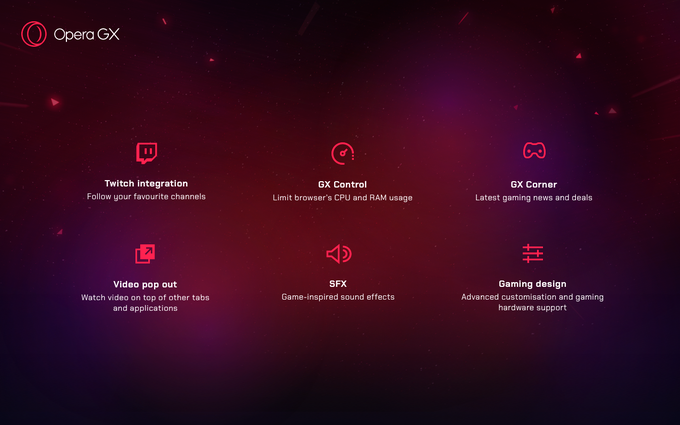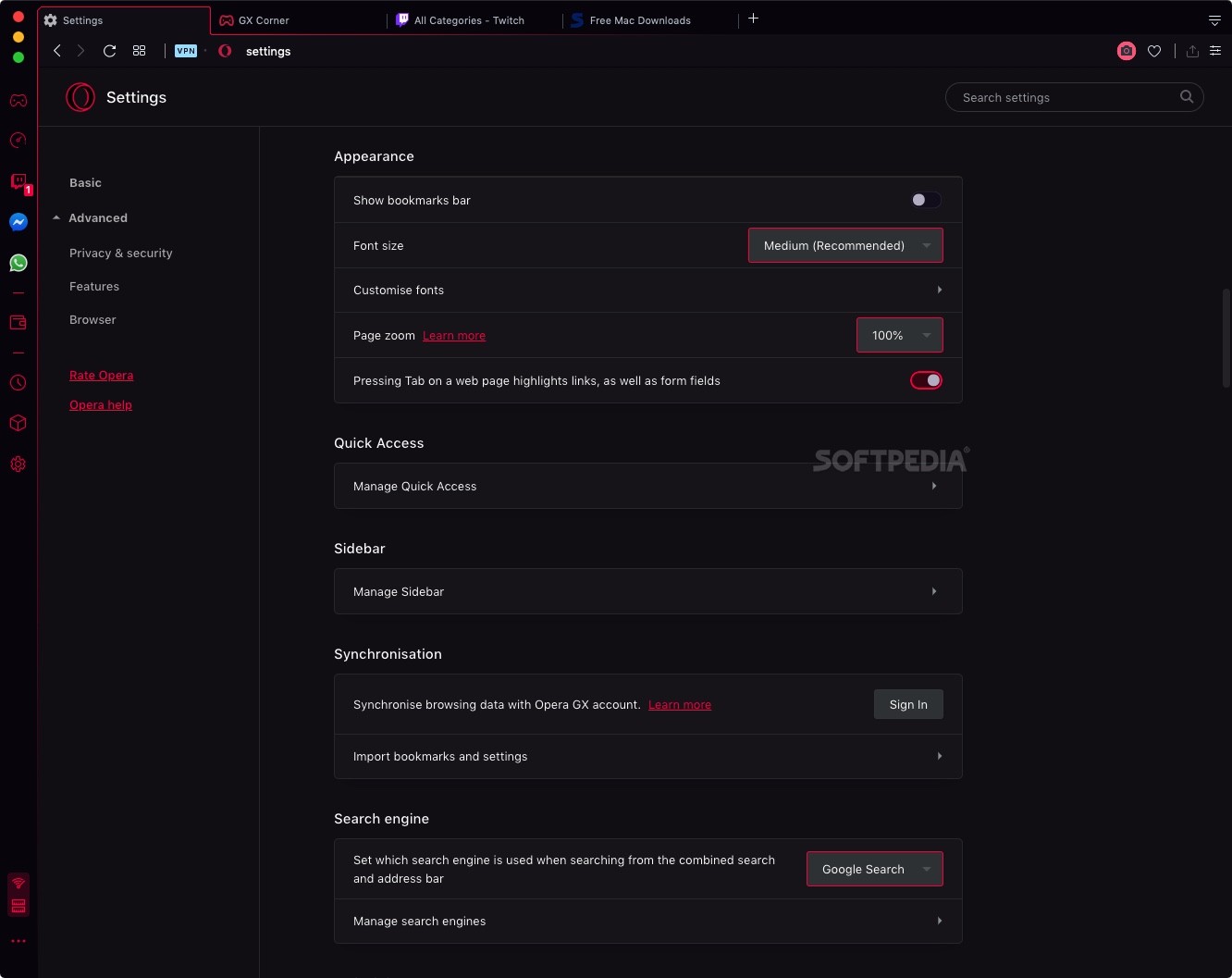
To Install Opera Browser Snap in Linux, do the following. In this article, I will use Linux Mint 18.3, but the steps are the same for other distros. The Opera snap is supported on Debian, Fedora, Linux Mint, Manjaro, Elementary, OpenSUSE, Ubuntu and more distributions. The addition of Opera to the Snap Store enables users of all major Linux distributions to benefit from the auto-updating and security features that snaps provide.

Linux Mint 18.3 comes with Snap support available in the repo, which can be quickly installed by the user. Thanks to Snap, you can install bleeding-edge applications even if their dependencies are not compatible with your current version of the distro. The one downside is that the package size increases because of the bundled dependencies. And because they bundle their dependencies, they work on all major Linux distros without modification. Snaps are containerised software packages that are simple to create and install. Once located, click Remove.For those of you who are not familiar with the Snap format, it can be considered as a static binary alternative - for example, a portable app. Alternatively, you could open the DEB or RPM file you installed to open the package manager directly to the appropriate software page. The typical GUI method to remove DEB, RPM, Snap, and Arch packages involve browsing or searching for "opera" using the distribution's default package manager. On Arch Linux and its derivatives: sudo pacman -Rns operaįor those who've installed the Opera Snap package: sudo snap remove opera Removing Opera on Linux Using the GUI On Fedora, CentOS, and RHEL: sudo dnf remove opera-stable On Debian and Ubuntu: sudo apt purge opera-stable On the other hand, if you want to completely remove all traces of Opera from your system, enter the following commands instead: When prompted, enter your password and press Y to continue. If you've installed the Snap package, issue the following command to disable the software temporarily: sudo snap disable opera If prompted, enter your password and press Y to continue.

On RHEL, Fedora, and CentOS: sudo rpm -e opera-stable

On Debian and Ubuntu: sudo apt remove opera-stable


 0 kommentar(er)
0 kommentar(er)
